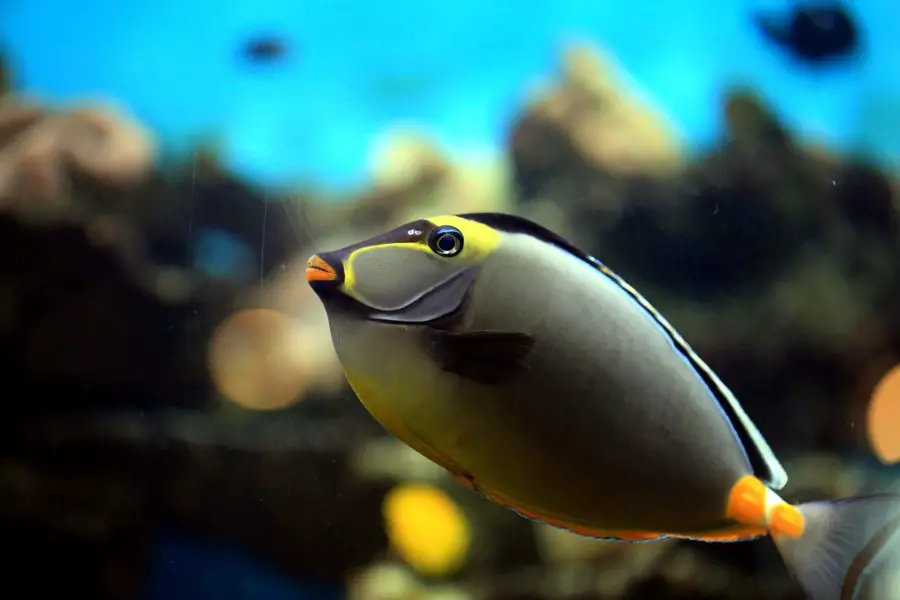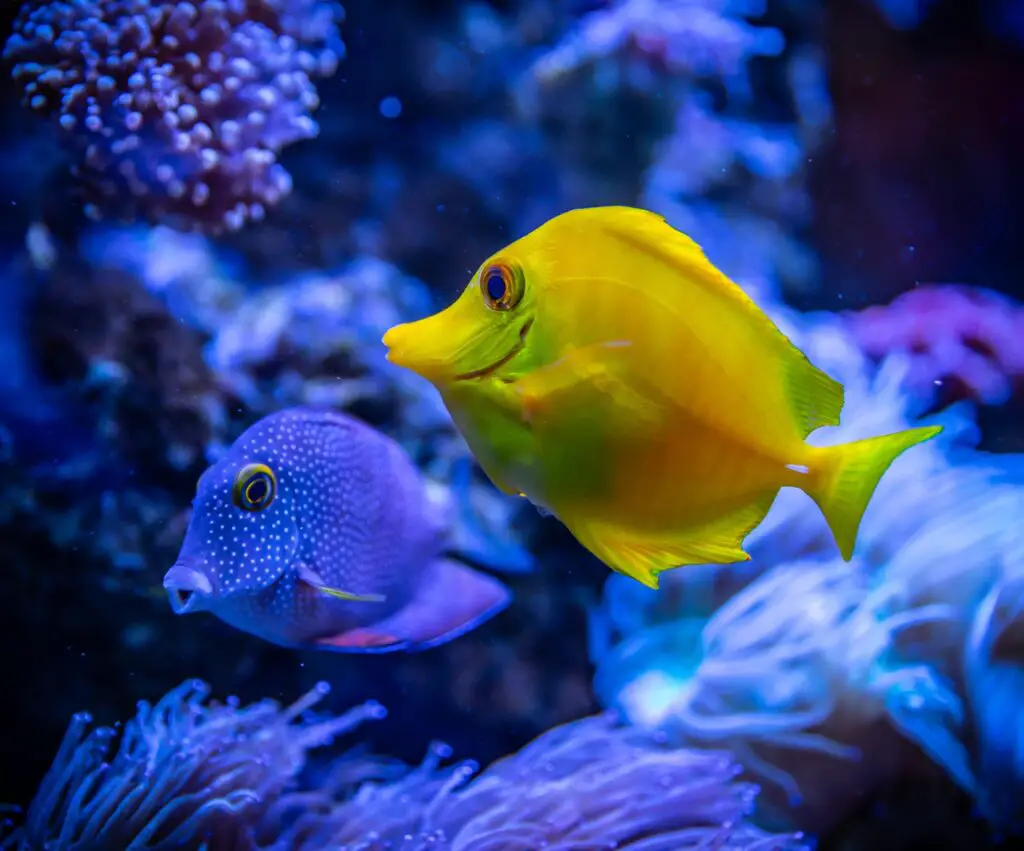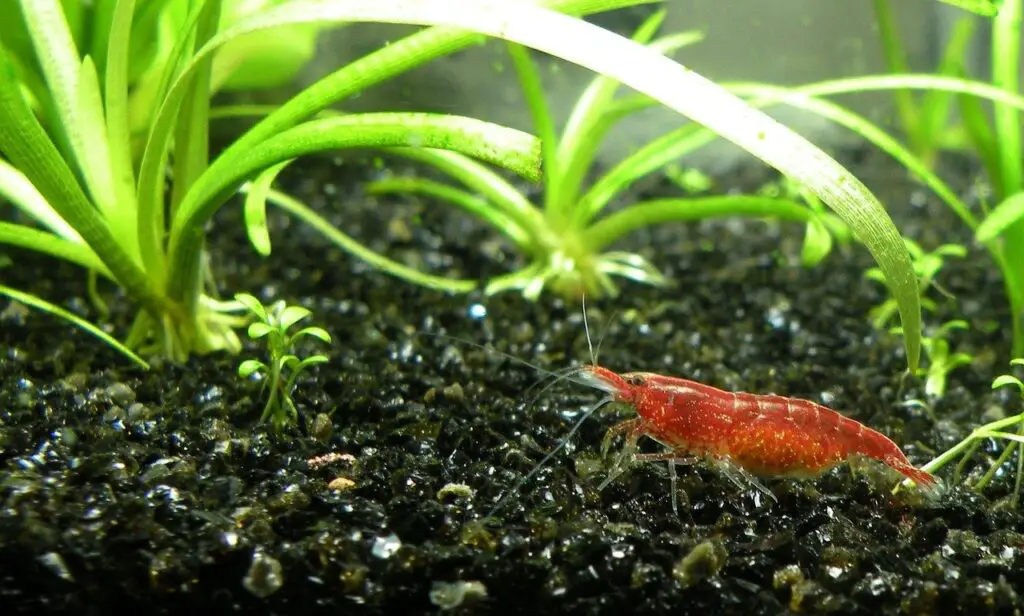Ever wondered what exactly ocean fish eat? Well, let me tell ya, it’s a whole underwater buffet out there! Just like us humans, fish have their own preferences when it comes to food. Some are meat-lovers, others are veggie enthusiasts, and a few are just plain opportunists. Understanding what ocean fish eat isn’t just fascinating—it’s crucial for maintaining healthy marine ecosystems. So, grab your snorkel, and let’s dive into the world of fish diets!
When we talk about what ocean fish eat, we’re not just talking about one specific species. There are thousands of fish out there, each with its own unique eating habits. Some munch on plankton, others chase down smaller fish, and a few even snack on algae. It’s a complex food web down there, and every fish plays a role in keeping things balanced.
Now, why should you care? Well, if you’re into fishing, marine biology, or just love seafood, knowing what fish eat can help you understand their behavior, breeding patterns, and even how to catch ‘em. Plus, it’s always cool to impress your friends with random fish facts at parties, right?
Read also:Angela Vu The Rising Star Redefining Beauty Standards
Why Understanding Fish Diets Matters
Before we get into the nitty-gritty of what ocean fish eat, let’s talk about why this is such a big deal. Fish diets aren’t just about what they munch on—they’re about the entire ecosystem. Think about it: if one type of fish suddenly runs out of food, it can throw the whole food chain out of whack. That’s why scientists spend so much time studying what ocean fish eat.
Here’s the thing: fish diets are influenced by a bunch of factors, like habitat, size, and even season. A fish that eats plankton during the summer might switch to small crustaceans in the winter. And don’t even get me started on the predators—those guys can be pretty picky!
Key Factors Affecting Fish Diets
So, what exactly shapes a fish’s diet? Let’s break it down:
- Habitat: Fish living in coral reefs might feast on algae, while those in the open ocean go for plankton.
- Size: Smaller fish tend to eat tiny organisms, while bigger ones go for larger prey.
- Season: Changes in temperature and water currents can affect food availability.
- Species: Different species have evolved to eat different things, from plants to other fish.
It’s like a giant puzzle, and every piece matters. If one part of the food web disappears, it can have a ripple effect throughout the entire ecosystem.
What Do Ocean Fish Eat? A Closer Look
Alright, let’s dive into the juicy details. What do ocean fish actually eat? The answer depends on the type of fish we’re talking about. Here’s a breakdown of the most common diets:
1. Planktivores: The Plankton-Lovers
Some fish, like sardines and anchovies, live off plankton. Plankton is basically tiny floating organisms that drift around in the ocean. These little guys are the foundation of the marine food web. Without plankton, a lot of fish would be out of luck.
Read also:Actually Acting The Real Deal In The World Of Performances
2. Herbivores: The Veggie Eaters
Herbivorous fish, like parrotfish and surgeonfish, chow down on algae and seagrass. They’re the gardeners of the ocean, keeping coral reefs and underwater meadows healthy. Plus, they’ve got some pretty cool teeth for grinding up plant material.
3. Carnivores: The Meat-Eaters
Now we’re talkin’ about the big boys—sharks, tuna, and barracudas. These guys are apex predators, meaning they’re at the top of the food chain. They eat smaller fish, squid, and even other predators. It’s a dog-eat-dog world down there!
4. Omnivores: The Opportunists
Some fish, like clownfish and damselfish, don’t discriminate. They’ll eat plankton, algae, and even small invertebrates. It’s like they’re the ultimate foodies of the ocean.
How Fish Catch Their Prey
Now that we know what ocean fish eat, let’s talk about how they catch it. Fish have evolved some pretty cool strategies for snagging their meals. Some use speed, others use stealth, and a few even use teamwork.
Hunting Techniques
- Ambush Predators: Sharks and groupers lie in wait for unsuspecting prey.
- Schooling Fish: Tuna and mackerel hunt in groups, making it easier to catch faster prey.
- Filter Feeders: Whales and basking sharks swim with their mouths open, filtering plankton from the water.
It’s like a real-life game of hide-and-seek, but with fins and teeth!
The Importance of Fish Diets in Ecosystems
Fish diets aren’t just about survival—they’re about maintaining balance in the ocean. Each fish plays a role in the food web, and when one species is overfished or dies off, it can have serious consequences for the entire ecosystem.
For example, if herbivorous fish disappear, algae can grow out of control, smothering coral reefs. And if predators like sharks are removed, smaller fish populations can explode, leading to overgrazing and habitat destruction. It’s all connected, man!
Human Impact on Fish Diets
Let’s not forget about us humans. Overfishing, pollution, and climate change are all affecting what ocean fish eat. For example, rising ocean temperatures can alter plankton populations, leaving some fish without enough food. And plastic pollution? That’s a whole other nightmare for fish that accidentally ingest it.
Interesting Facts About Fish Diets
Here are a few fun facts to blow your mind:
- Some fish, like the moray eel, work together with other species to catch prey.
- Seahorses don’t have stomachs—they have to eat constantly to survive.
- The box jellyfish has 24 eyes, which help it spot prey from far away.
Who knew fish could be so fascinating?
How to Help Protect Fish Diets
If you care about what ocean fish eat—and you should—you can take action to help protect marine ecosystems. Here’s how:
- Support Sustainable Fishing: Choose seafood that’s been sustainably sourced.
- Reduce Pollution: Cut down on plastic use and properly dispose of waste.
- Advocate for Marine Conservation: Support organizations working to protect ocean habitats.
Every little bit helps, and together, we can make a difference.
Conclusion: What Do Ocean Fish Eat? A Lot More Than You Think
So, there you have it—the lowdown on what ocean fish eat. From plankton to other fish, the diets of marine life are as diverse as the ocean itself. Understanding what fish eat isn’t just about science—it’s about protecting the future of our planet. By supporting sustainable practices and reducing our impact on the environment, we can help ensure that fish have enough to eat for generations to come.
Now, it’s your turn. Share this article with your friends, drop a comment below, or check out some of our other articles on marine life. Together, we can make a splash in the world of ocean conservation!
Table of Contents
- Why Understanding Fish Diets Matters
- Key Factors Affecting Fish Diets
- What Do Ocean Fish Eat? A Closer Look
- How Fish Catch Their Prey
- The Importance of Fish Diets in Ecosystems
- Human Impact on Fish Diets
- Interesting Facts About Fish Diets
- How to Help Protect Fish Diets
- Conclusion: What Do Ocean Fish Eat?


